This particular style of hydraulic pump is the driving force behind heavy-duty machines such as cranes, loaders, backhoes, diggers and excavators. Piston pumps are not limited to construction work and are also found in aeronautic, automotive, power generation, marine, military and manufacturing industries, to name a few. Read More…
All World Machinery Supply offers high-quality, affordable pumps, motors, and power units from reputable brands like Daikin, Nachi, Eaton, Tokimec, NOP, Grundfos, Yuken, and Fuji . Our team of representatives and engineers can find or cross any pump/mortor to what you are looking for. We can even help you design a custom application suited to your fit your needs.

Perfection Hydraulics manufactures, distributes, and services hydraulic cylinders, hydraulic pumps, hydraulic valves, hydraulic gear pumps, and other hydraulic components for heavy equipment. Our products provide you with the best value available for today’s dynamic industry. With our reputation for quality and reliability, you can rely on us for your heavy duty hydraulics needs.

Enerpac is the global leader in high-force tools and equipment used in industrial markets. Our focus is to provide our customers with the most extensive line of products and accessories that maximize force to increase productivity and make work safer and easier to perform. Our comprehensive family of tools and equipment deliver reliable and dependable performance for any industrial segment.

Over 50 years, Hydro Leduc has developed more than 100 patents because of our passion for innovation in the hydraulics field. We find solutions to our customers’ most complex and demanding applications for piston pumps, hydraulic motors, hydro-pneumatic accumulators and custom hydraulic components.

More Hydraulic Piston Pump Manufacturers
The popularity of hydraulic piston pumps stems from their ability to maximize energy use and productivity. Even a hydraulic hand pump, which is powered by a foot or hand pedal, can convert as little as 4.5 pounds of force into 100 pounds of load-moving force. Electric hydraulic pumps can reach pressure ranges up to 4,000 PSI. As capacities show such variability, the intended use of a pump should be carefully considered. Several other variables should also be taken into account.
Task-specific power sources, operating speeds, maximum fluid flows and pump weights are widely available in standard and custom configurations. Measurements such as diameter, rod extension length, height and width should also be considered, especially when a hydraulic piston pump is to be fitted to a pre-existing hydraulic system.
There are two basic variations of hydraulic piston pumps: axial and radial pistons. The essential difference between the two is the placement of the pistons within the hydraulic cylinder and the directionality of the movement. Axial pistons run parallel to the cylinder, while radial pistons are perpendicular to an inner column running through the cylinder. The latter provides a rotary movement. Axial pistons provide linear motion and are more popular in heavy machinery contexts.Both can be single action or double action pumps. Despite the differing piston placements, both systems function in a similar fashion. Hydraulic fluids, usually oil or water composites, are housed in a reservoir connected to the main cylinder by tubes or hoses. The cylinder houses the pistons as well as one or more intake check valve and an equal number of discharge check valves. When the piston is withdrawn it creates a vacuum, and the liquid solution is pulled into the cylinder.
The piston is then returned to its original position and the intake valve is sealed. This creates pressure within the enclosed space and compresses the fluids. The plunger-like action is repeated until enough pressure is accumulated to force the hydraulic fluids out through the discharge valve. This creates the energy needed to work the attached machinery and move the intended load.





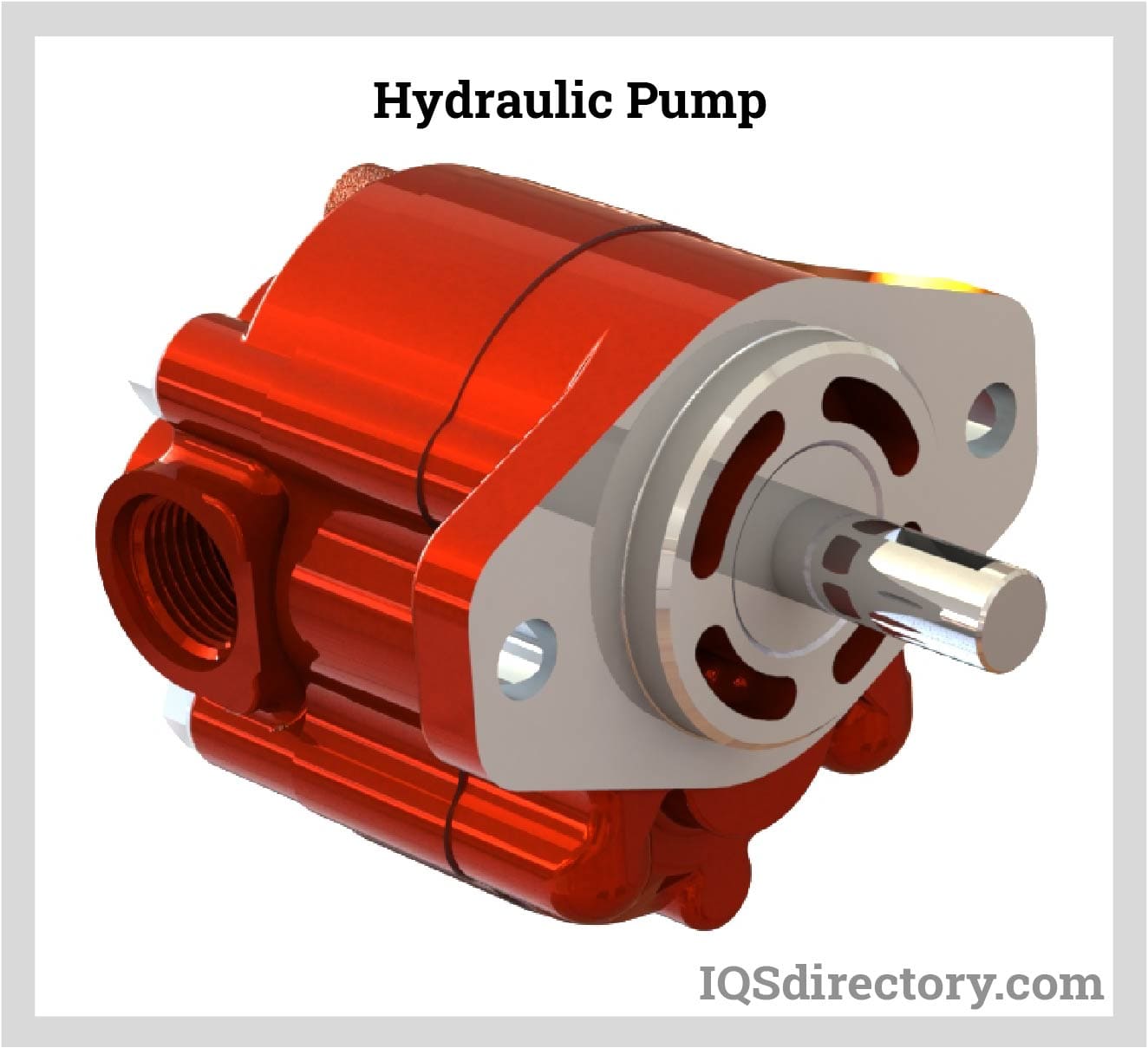
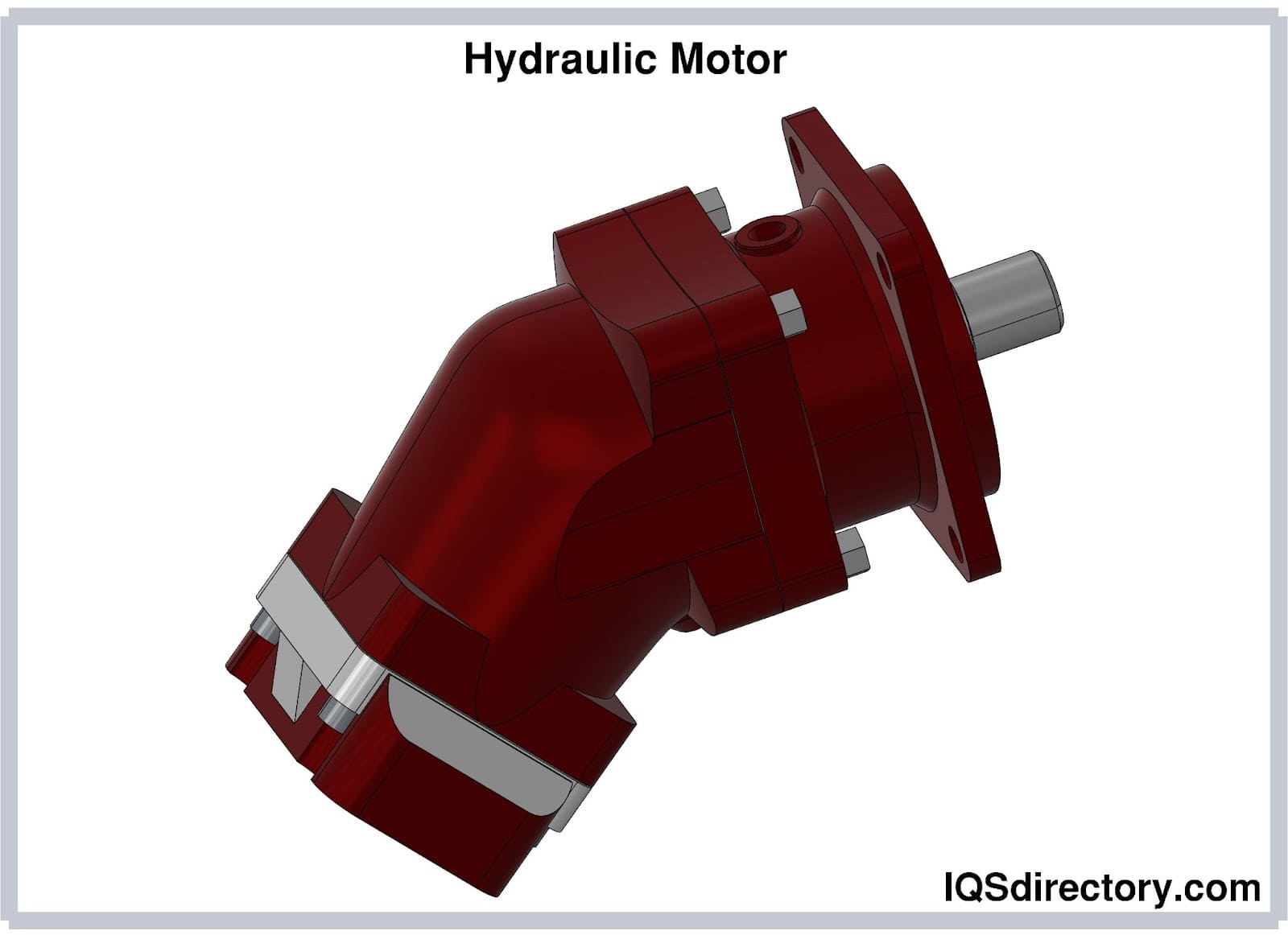
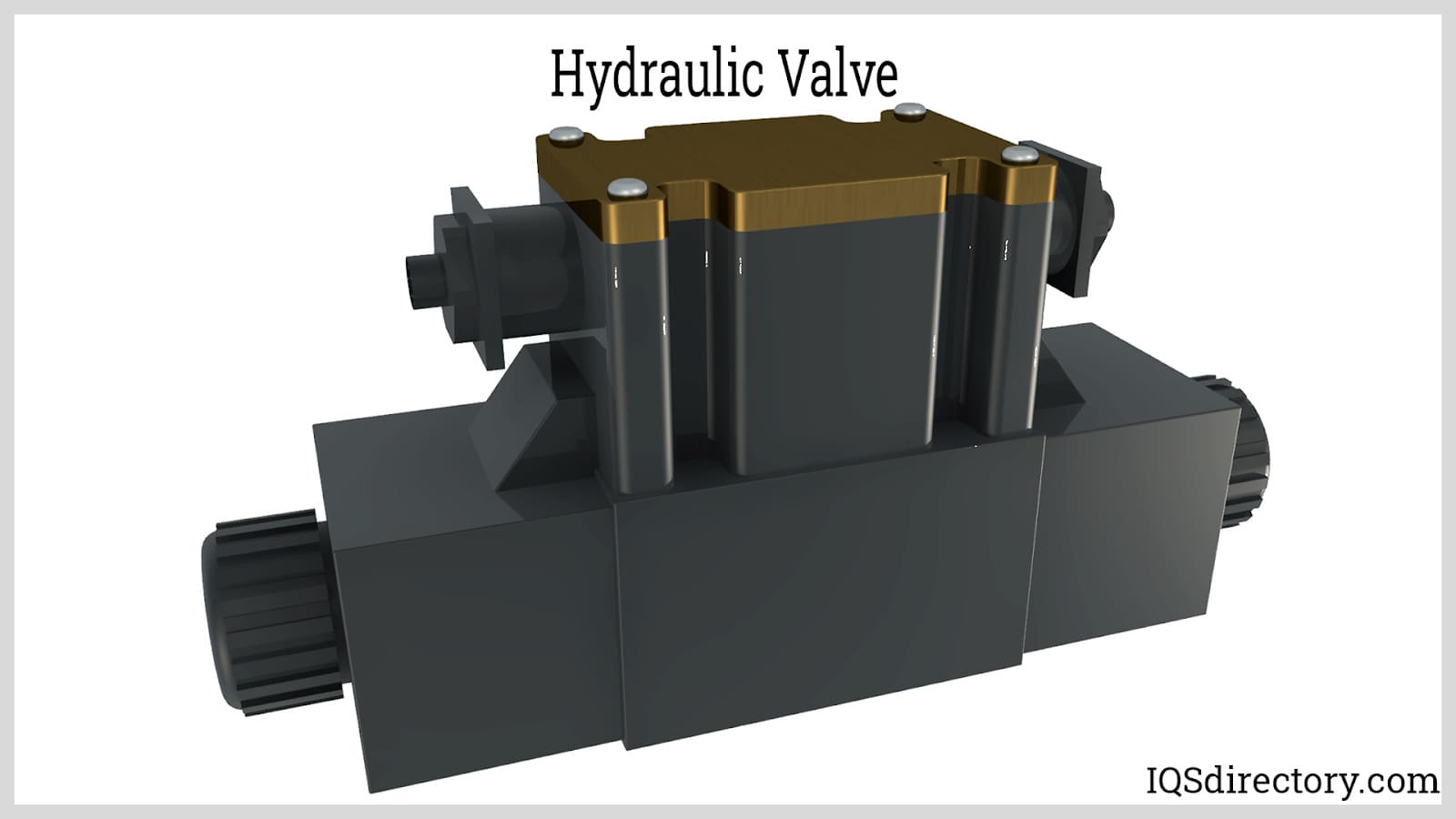
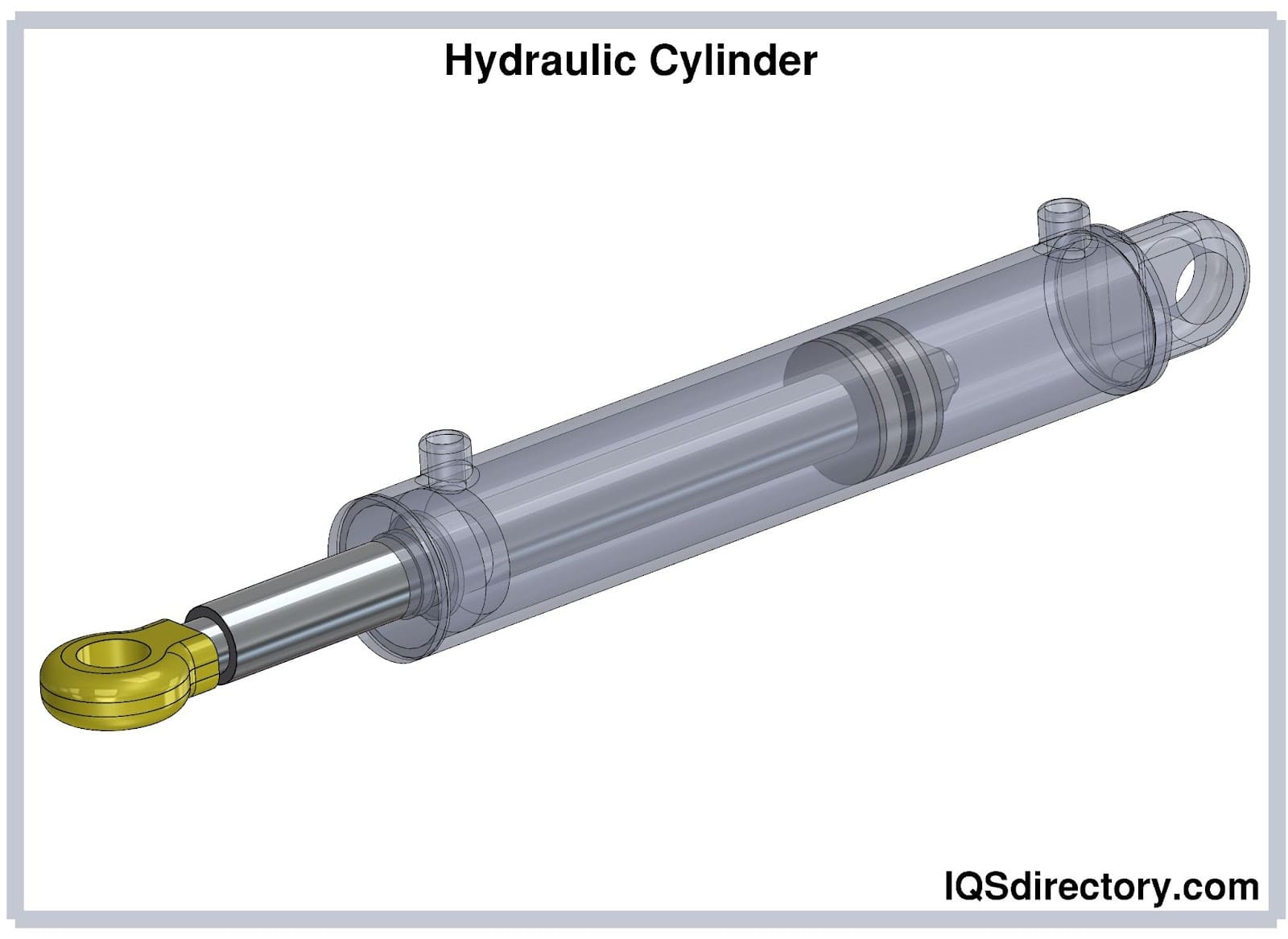
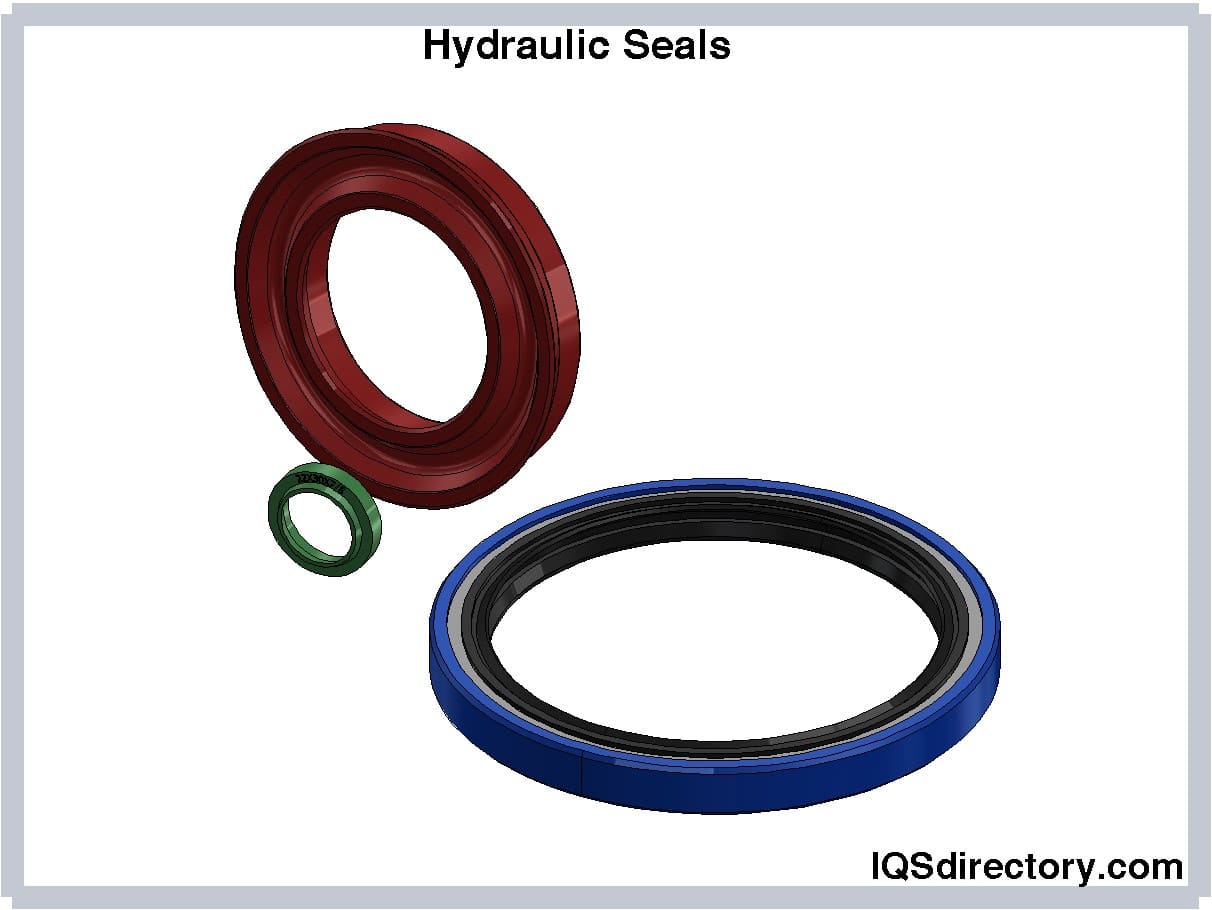
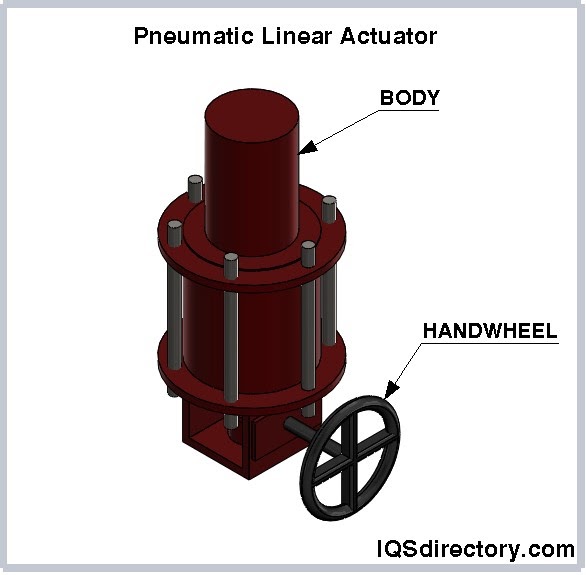
 Hydraulic Cylinders
Hydraulic Cylinders Hydraulic Lifts
Hydraulic Lifts Hydraulic Motors
Hydraulic Motors Hydraulic Presses
Hydraulic Presses Hydraulic Pumps
Hydraulic Pumps Hydraulic Seals
Hydraulic Seals Hydraulic Valves
Hydraulic Valves Castings & Forgings
Castings & Forgings Bulk Material Handling
Bulk Material Handling Electrical & Electronic Components
Electrical & Electronic Components Flow Instrumentation
Flow Instrumentation Hardware
Hardware Material Handling Equipment
Material Handling Equipment Metal Cutting Services
Metal Cutting Services Metal Forming Services
Metal Forming Services Metal Suppliers
Metal Suppliers Motion Control Products
Motion Control Products Plant & Facility Equipment
Plant & Facility Equipment Plant & Facility Supplies
Plant & Facility Supplies Plastic Molding Processes
Plastic Molding Processes Pumps & Valves
Pumps & Valves Recycling Equipment
Recycling Equipment Rubber Products & Services
Rubber Products & Services